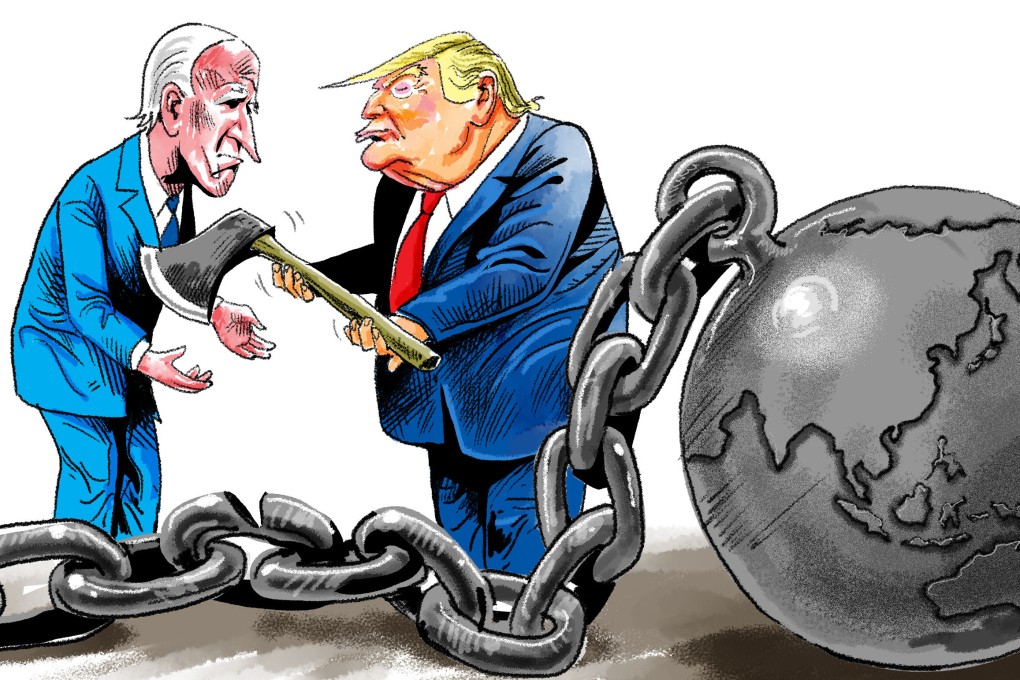Opinion | In making US supply chains stronger, Joe Biden’s policies may end up looking more like Donald Trump’s than Barack Obama’s
- Expect more reshoring to protect American worker interests, and greater regionalisation with partners such as Colombia or Mexico preferred over those in Asia

The move had been anticipated, as Biden had pledged during the presidential campaign to address vulnerabilities in the US supply chain that had become glaringly evident during the pandemic.
Broadly speaking, the review is certain to conclude what has become apparent: that the United States is too reliant on foreign countries in at least some areas, and that many supply chains lack sufficient resiliency to cope with environmental or public health disruptions.
These conclusions will only reinforce Biden’s core belief that the US needs to pursue a US worker-centric approach to trade. The net result will be trade policies and domestic initiatives (such as financial incentives and procurement regulations) designed to encourage production in the US and discourage reliance on extended supply chains.

